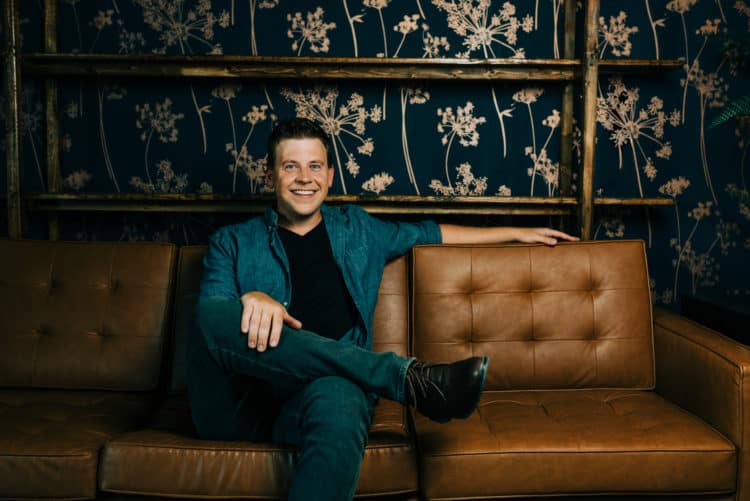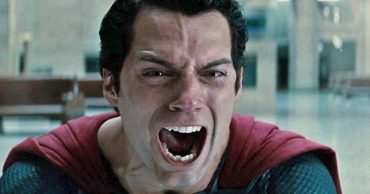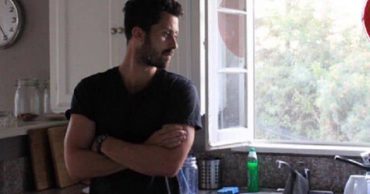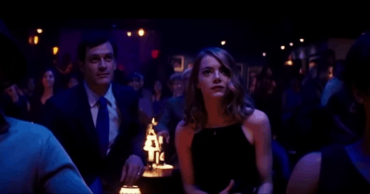
The Ultimate Playlist of Noise is now streaming on Hulu and to get to know the composer, Erick Schroder, a little better, we asked him ten questions about the scoring process for the film. Read what he had to say here:
-What did the pre-scoring process look like for you before starting work on The Ultimate Playlist of Noise? Did you get together a palate of sounds you wanted to use and go from there?
When we spotted the film, before I got to take it home, they were still tidying up a few things. So it was in that process, that I experimented with a lot of melodic ideas and different synthetic textures to see what worked on the film. That gave us some ideas to get going from there. I actually pitched for this film and the scene that I pitched for, that exact cue, stayed in the final edit untouched. It was cool that they loved the pitch so much, it stuck in there unchanged through the whole process.
-Are you conscious of having your score evolve from the beginning to the end with the characters? Meaning, if you listened to the full score from the opening credits to the end credits, would the score tell a story too?
Yes, very much so. I personally like to score from beginning to end, to be on the journey with the characters and audiences. At the end of the day, I have to honor what the scene needs emotionally, but if I can find ways to expand through cinematic ideas with the characters, I will always do that. Case in point with The Ultimate Playlist of Noise, there is a scene with Marcus and his brother, that cue we hear in flashbacks later on in the film. I took that foundation and expanded on it. I very much believe in fleshing out the characters the more we get to know them.
-Was there an instrument that was key in creating The Ultimate Playlist of Noise score?
Piano is the place I always come up with ideas and write. A quarter of the way through the process, I felt like the guitar needed to play another important role as well. I think in my writing it was always at the piano and as the score progressed, I started switching over more to guitar.
-You said that because of the pandemic and everything shutting down, you had a little more time to try out different ideas with The Ultimate Playlist of Noise. Was there a scene that was musically going to be different before the pandemic, that you ended up changing?
Nothing was necessarily changed. There was one scene that we wrestled with and took many revisions, because during that time we were getting editorial notes back from Hulu, to help with the pacing and tightening up of things. There was one scene though, that definitely got edited down a bit. So it definitely didn’t change the tone of the score, but it changed the scope of how we were approaching the score in that specific scene. Even once the edit was finalized, it took a lot of time to figure out the tone of that scene. The last thing we wanted to do was make it a rom com moment. There was some moments of this, but we didn’t want to play into it. That one took a bit.
-In a previous interview you said that The Ultimate Playlist of Noise took you back to your mixtape days in the 80s/90s. Can you name a few artists that would have been on some of your tapes?
Aerosmith for sure. The Cure, Nirvana, Red hot Chili Peppers and Pixies. A collective mix.
-You have 8+ projects currently in post-production. What is the key to juggling all these at once?
It’s hard. Not messing around. Not getting on Facebook and wasting time. With my work load, there is no time for distractions. So once I step in the studio, I put my head down and go for it. I can’t let writer’s block get in the way. On the flip side, when I do encounter some form of writer’s block, by having a variety of projects to work on, it’s nice to hit the reset button. Because all these projects are so different and in different genres. It ultimately comes down to time management though.
-You must work very closely with the director and producers when you are scoring a film, but what other departments and crew positions are extremely helpful or important for your process?
The editor. A good editor can make or break a film in my opinion. Sometimes when there is enough time on projects, the editor can be open to manipulating the edit a bit for the sake of the score. A lot of people know the famous story of John Williams and E.T., and just needing a little more time to finish his musical thoughts on the chase scene. If they have a great musical sense, that helps with the tempo of a scene, whereas not such a great edit can be all over the place.
-You have worked alongside the Oscar-nominated John Debney in different workshops. What is one thing you learned from him?
Never stop studying and have a passion to see this career through. This career isn’t necessarily for the faint of heart. If you are in it, you have to really want it.
-You have worked on everything from video games to films. How different is scoring a video game then a film?
With a videogame, there is much more time. You can have months and even years sometimes depending on the project.
-What is your favorite video game score? Why?
Banjo-Kazooie by Grant Kirkhope. He has done Golden Eye and many more. He is a very melodic writer. I remember getting that game and playing through it and gravitating towards the music because it had a wonderful melodic sensibility. To this day, I can still remember bits of that score in my head.
 Follow Us
Follow Us




